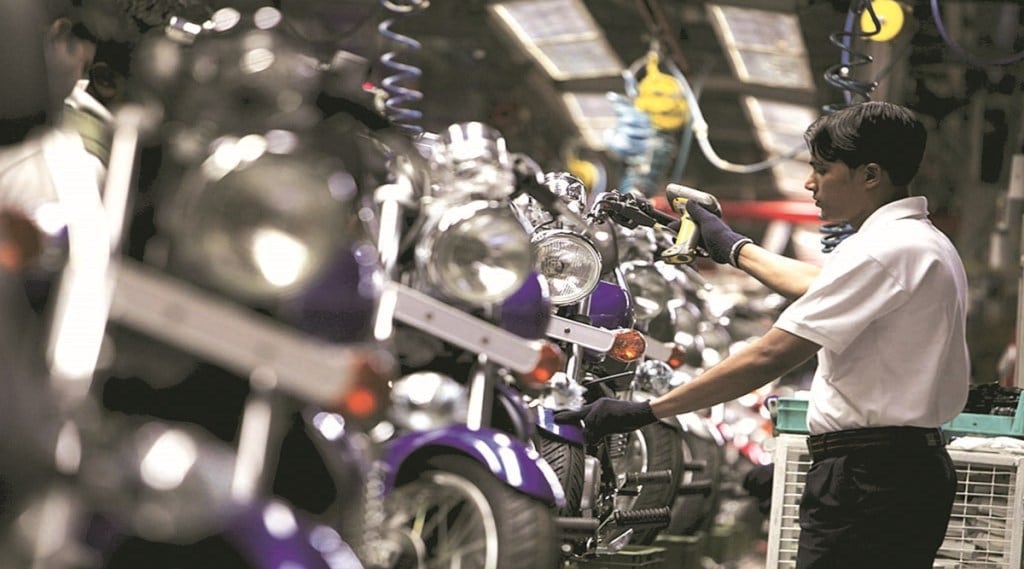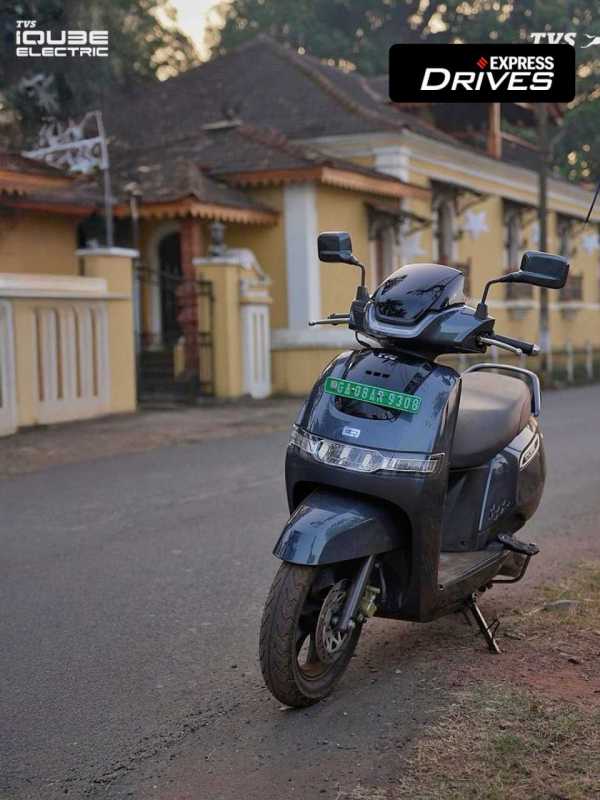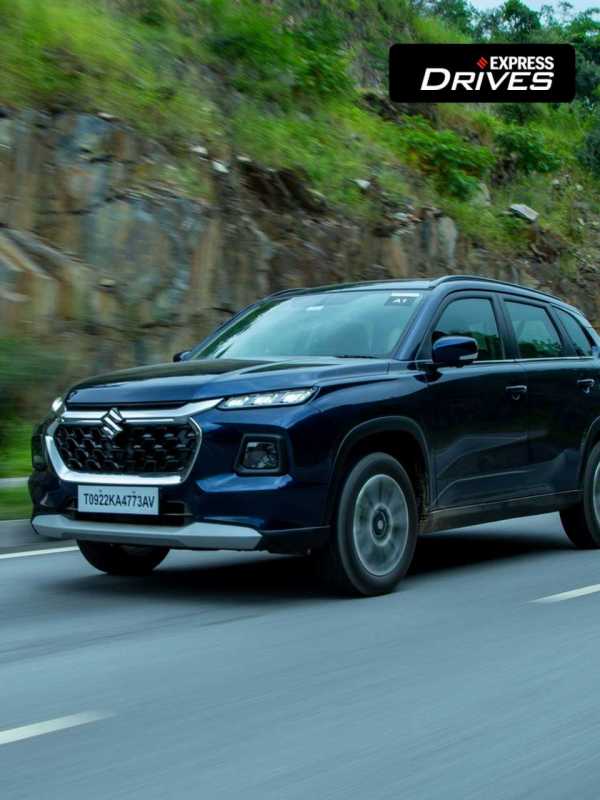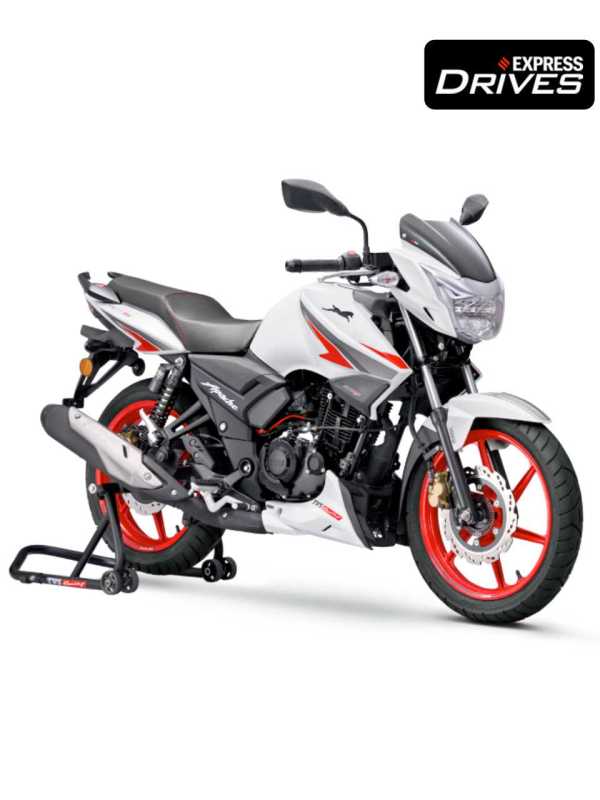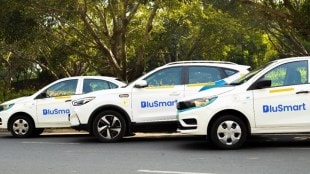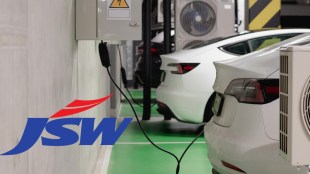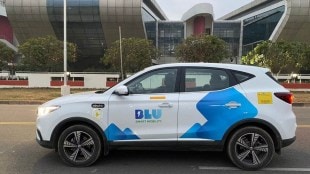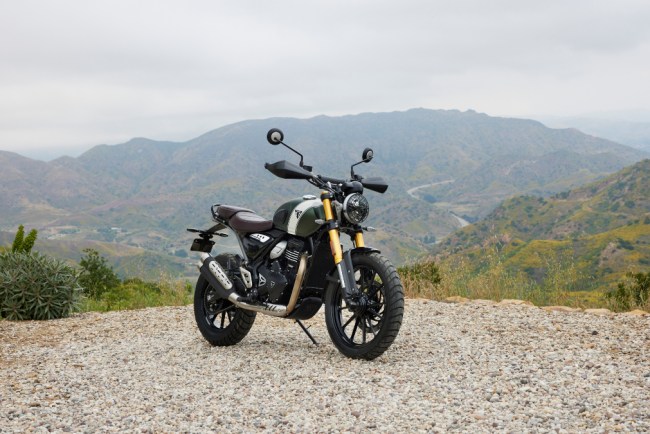Bajaj Auto is planning to go for a price hike later this month to offset the rising input costs. It’s a tough choice for the company since it registered a 40.97% year-on-year (y-o-y) decline in two-wheeler sales in the domestic market in March. Two-wheeler sales have been lacklustre for the past several months because of rise in ownership costs.
“There is pressure building upon the material cost. Input costs are going up and we will be looking at passing them on through pricing. But we will have to be careful about that as there is a decline in retail demand in India,” Rakesh Sharma, executive director, Bajaj Auto, told CNBC-TV18 news channel.
The company had increased prices in February also.
Bajaj Auto’s domestic two-wheeler volumes fell 40.97% y-o-y to 107,081 units in March, while the exports were almost flat at 149,243 units during the month.
“The decline which we have faced in March is entirely because of shortfall on the semiconductor front. This has hit us by about 30-40% and has become quite acute in March. Otherwise, the result would have been better,” Sharma said.
On semiconductor shortage, Sharma said that the company is working to mitigate its impact.
“On the backend, we are working quite ferociously to mitigate the uncertainty around semiconductor availability, which hopefully in the first quarter (of FY23) we should get on top of without compromising the quality and authenticity of the sources and should be back by mid-June to early July,” Sharma noted.
Weak demand due to high ownership costs affected the domestic volumes of other companies as well in March. The two-wheeler despatches plunged 23.62% y-o-y at Hero MotoCorp, 21.64% y-o-y at Honda Motorcycle & Scooter India, 2.57% y-o-y at TVS Motor Company, 2.82% y-o-y at Royal Enfield and 15.75% y-o-y at Suzuki Motorcycle India.

